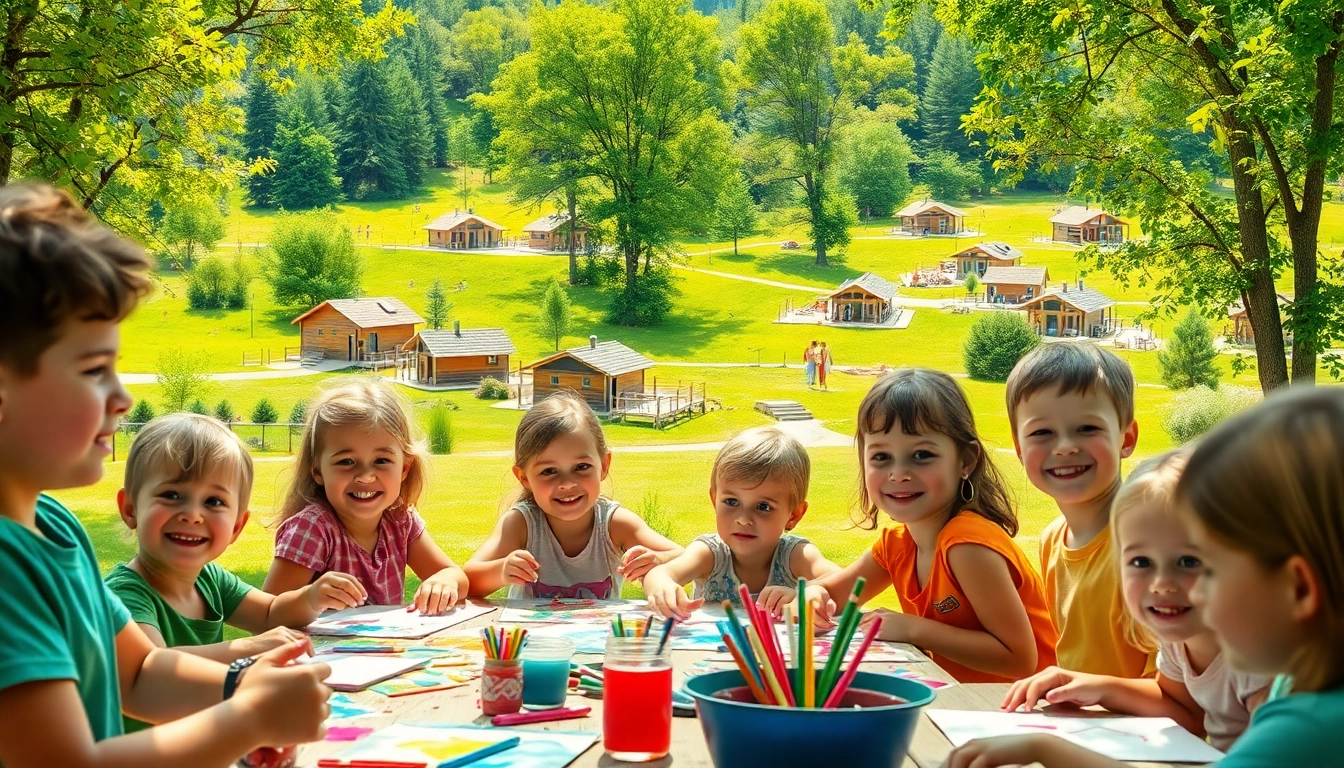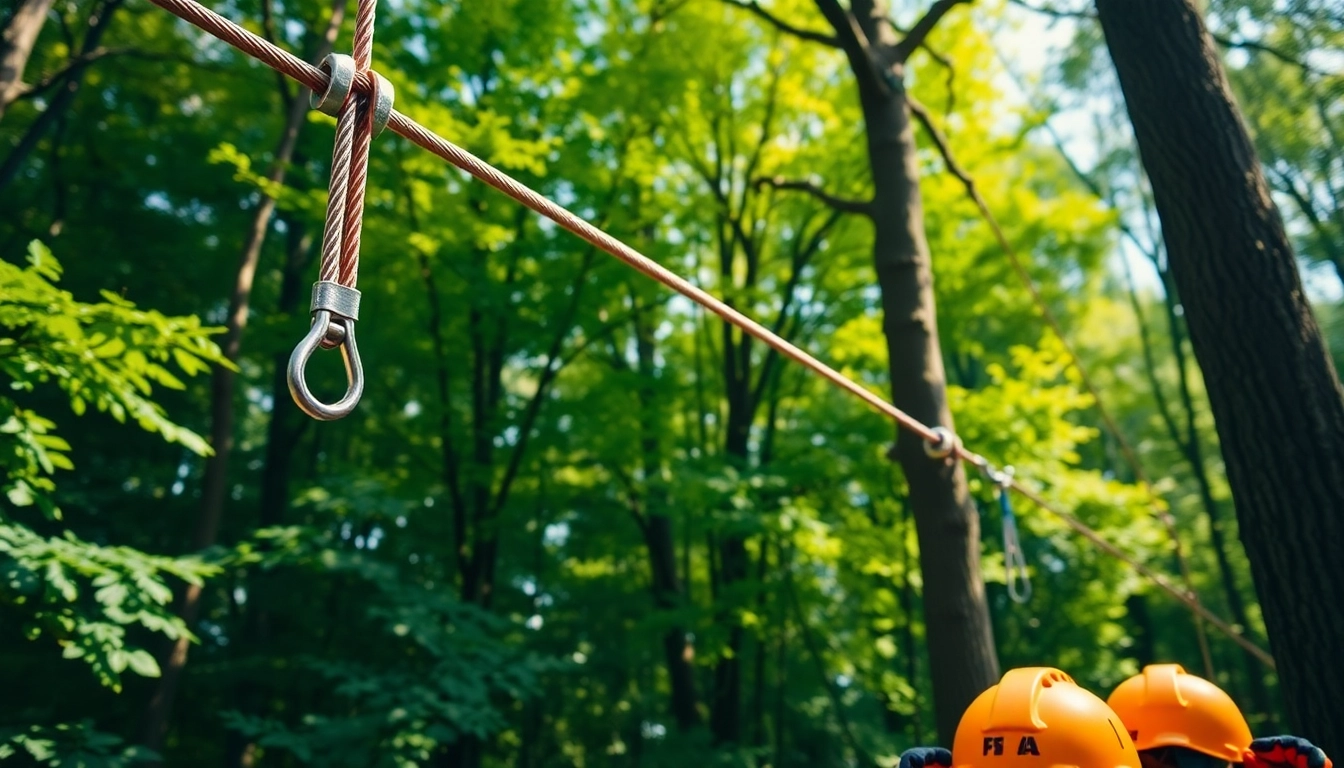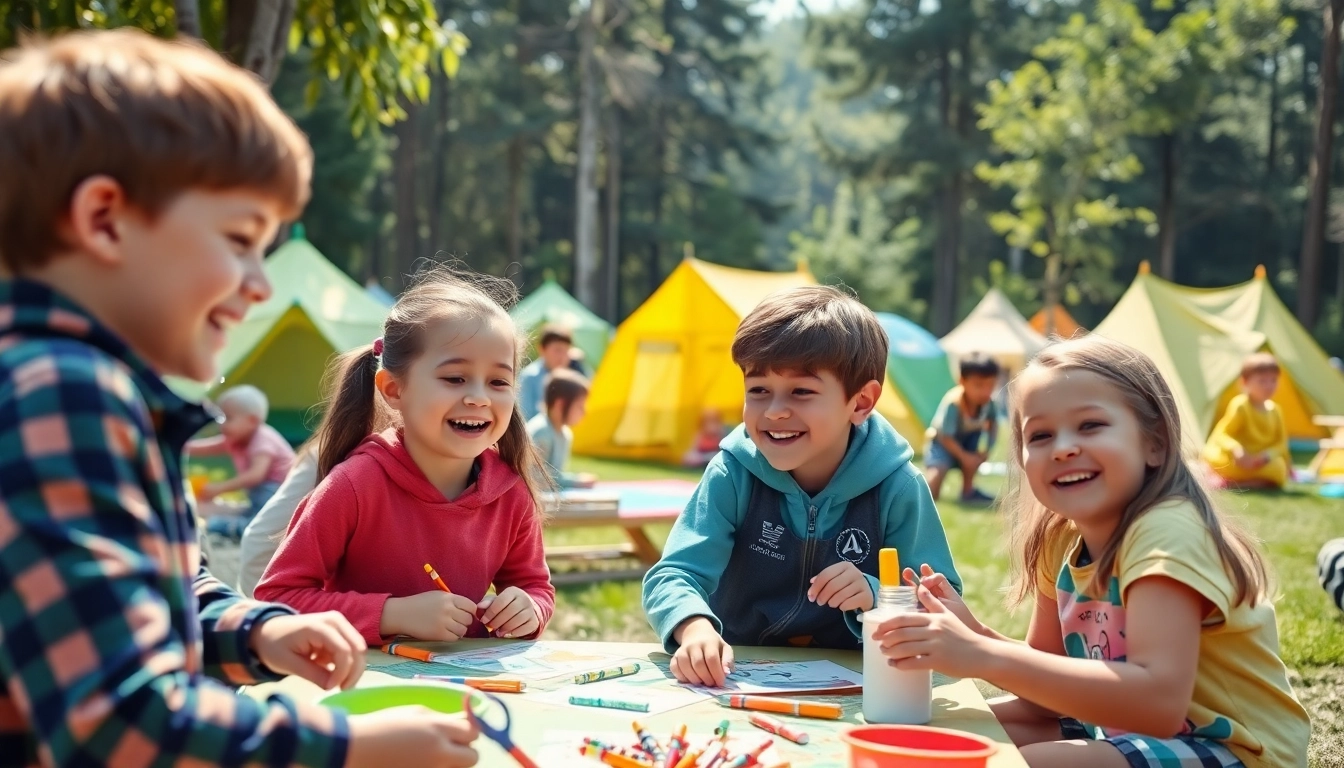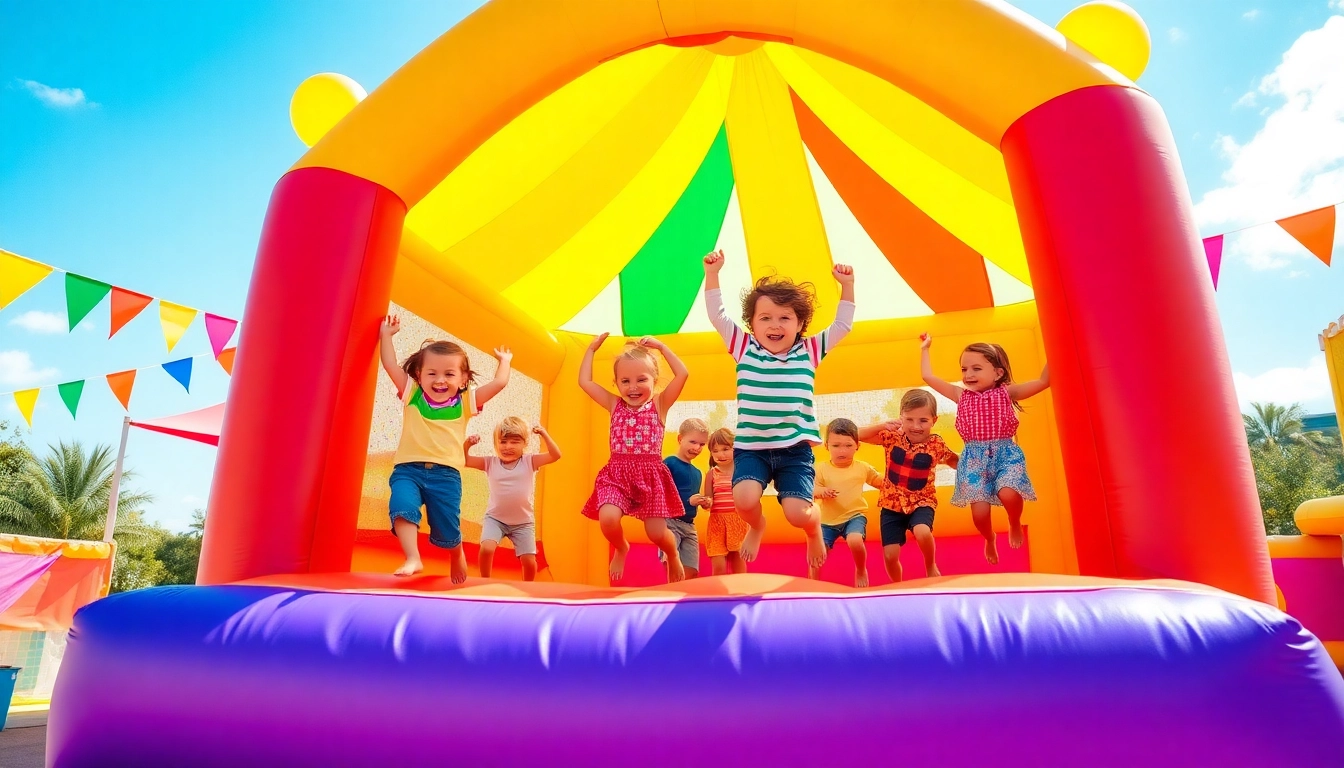Understanding Holiday Camps: A Comprehensive Overview
As families seek enriching experiences for their children during school breaks, holiday camps have become a favored choice. But what exactly are holiday camps? This comprehensive guide delves into the myriad aspects of holiday camps, their history, benefits, and how to select the ideal one for your family.
What Are Holiday Camps?
Holiday camps are specialized facilities that provide a range of organized activities in a safe environment for children during school holiday periods. They primarily cater to children and adolescents, offering a blend of recreation, education, and social interaction. Often situated within convenient locales, holiday camps create a fun-filled atmosphere where kids are encouraged to participate in structured play and creative tasks.
The History and Evolution of Holiday Camps
The concept of holiday camps can be traced back over a century, with its roots strongly embedded in the United Kingdom. Initially focused on providing accommodations for families wanting to stay at seaside resorts, these camps evolved over the decades into structured environments designed specifically for children. A significant turning point came in the mid-20th century when camps began incorporating more activities beyond mere lodging. From arts and crafts to sports, holiday camps became comprehensive environments fostering personal growth and friendship.
Types of Holiday Camps Available
Today’s landscape of holiday camps is diverse. Here are some of the most common types:
- Traditional Camps: Typically focused on outdoor activities such as canoeing, hiking, and camping.
- Sports Camps: These camps specialize in various sports, including soccer, basketball, and swimming, helping children to hone their skills.
- Creative Arts Camps: Concentrated on arts, music, and other creative forms of expression.
- Educational Camps: These programs often include STEM activities or cultural learning experiences.
- Adventure Camps: Focused on activities that encourage risk-taking and adventure, such as rock climbing and zip-lining.
Benefits of Enrolling in Holiday Camps
Enrolling in a holiday camp can yield numerous benefits for children that impact various aspects of their lives.
Social Skills and Friendship Building
One of the most significant benefits of holiday camps lies in their capacity to foster social interaction. Children are placed in groups where they can meet peers from various backgrounds, forming friendships that could last a lifetime. Through teamwork challenges and group projects, kids learn critical social skills, including cooperation, communication, and conflict resolution.
Skill Development through Activities
Holiday camps offer a plethora of activities that help children develop various skills. From problem-solving and critical thinking during team games to artistic skills in crafting projects, these experiences are instrumental in nurturing well-rounded individuals. Parents often see improvements in their children’s abilities as they apply what they learn at camp to their daily lives.
Monitoring Health and Well-Being
Parents today are increasingly concerned about their children’s physical and mental health. Holiday camps are designed with wellness in mind, offering a range of physical activities while minimizing screen time. Additionally, many camps incorporate teachings about healthy habits and activities that promote emotional well-being.
Choosing the Right Holiday Camp for Your Child
With so many options available, selecting the right holiday camp requires consideration of several factors to ensure an optimal experience for your child.
Factors to Consider When Selecting a Camp
When narrowing down your options, consider the following factors:
- Age Appropriateness: Ensuring the camp is suited to your child’s age group is crucial for their experience.
- Activities Offered: Review the activities included in the camp’s program to see if they align with your child’s interests.
- Location: Consider the distance from your home and how accessible it is.
- Safety Standards: Research the camp’s safety measures and staff-to-child ratios to assure quality supervision.
Reviews and Recommendations from Other Parents
To gauge a camp’s quality, look for reviews and testimonials from other parents. Online community forums, social media groups, and recommendation sites can provide valuable insights into parents’ experiences and outcomes they observed in their children.
What to Look for in Camp Programs
When assessing a camp’s program, consider aspects such as the duration of the camp, daily structure, flexibility, and extra perks provided. Enhancements like specialty sessions, field trips, or guest speakers can also indicate a rich program.
Popular Activities Offered at Holiday Camps
Activities at holiday camps vary widely but generally aim to engage children physically, socially, and creatively. Here are some popular activities featured:
Outdoor Sports and Adventures
Outdoor sports are a staple in many holiday camps. Activities such as hiking, swimming, and kayaking promote physical health while teaching teamwork and strategy. They provide children with an opportunity to connect with nature and hone their athletic skills.
Creative Arts and Crafts Projects
Arts and crafts are integral to many camps, allowing children to express themselves creatively. From painting and drawing to working with clay and fabric, these activities not only enhance artistic skills but also build confidence through self-expression.
Educational Workshops and Learning Experiences
Many holiday camps also prioritize educational content through workshops focused on science, technology, humanities, and environmental education. These sessions can inspire a love for learning and empower children to explore new subjects in engaging ways.
Preparing for a Successful Holiday Camp Experience
Once you’ve chosen a holiday camp, proper preparation can help ensure a rewarding experience for both your child and yourself.
Packing Essentials for Campers
To ensure your child is ready for camp, create a packing list that includes essentials such as appropriate clothing, toiletries, and any necessary gear. In addition, make sure they have comfort items like a favorite stuffed animal or book, which can help ease any anxiety about separation.
Setting Expectations and Goals for Your Child
Talk to your child about what they can expect at camp. Discuss their interests and what they’re focused on achieving, whether it’s making new friends or trying new activities. Keep the conversation positive and encouraging to build excitement and confidence.
Communicating with Camp Leaders and Staff
Maintain open lines of communication with camp leaders. Familiarize yourself with camp protocols and share any particulars concerning your child with the staff, such as dietary restrictions or special considerations. This proactive approach can enhance your child’s experience and ensure their needs are met.



